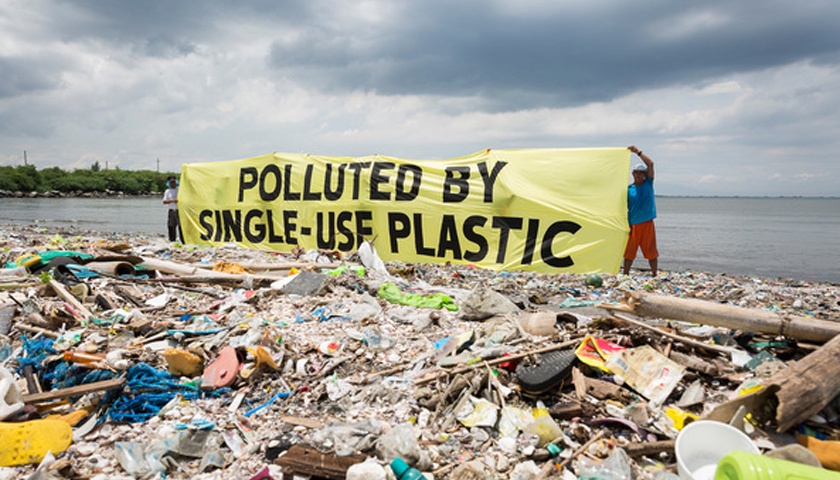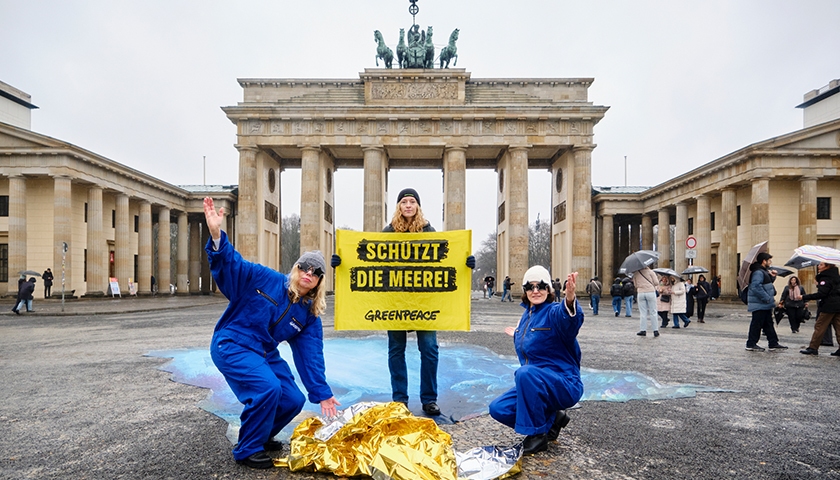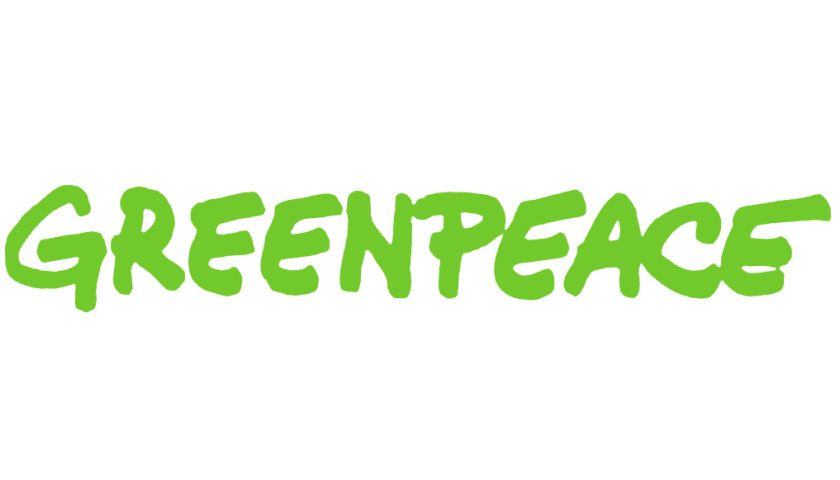This blog isn’t really about the marketing aspects of this, though I think the marketing aspects are touched upon but rather the general ethical viewpoint. Companies cannot get complacent about plastic, no matter how good and ethical they may be at other aspects of their business.
Recently Unilever were once again ranked first in the Personal Products sector of the 2017 Dow Jones Sustainability Index (DJSI) – a list which calls itself one of the most credible and high-profile markers of corporate sustainability leadership.
DJSI assesses and ranks the economic, environmental and social performance of over 3,000 publicly traded companies. Unilever has participated in the benchmark since it was launched in 1999 and, over that period, has been named sector leader 18 times. This is great and shows that on many levels Unilever are doing a great job with what they are attempting, and I really do believe they are trying to be a better company. However it is important to realise that winning these awards is great but is only part of the whole story. There was another story about Unilever this week, this one wasn’t so complimentary.
This week Greenpeace Phillipines and #breakfreefromplastic undertook a week-long beach clean up, this, in turn has exposed the companies most responsible for plastic pollution in that area. The audit was conducted on Freedom Island, a critical wetland habitat and Ramsar site spanning 30 hectares in Manila Bay – it is one of the worst areas for plastic pollution in the Philippines.
The audit revealed that Nestlé, Unilever, and Indonesian company PT Torabika Mayora are the top three contributors of plastic waste discovered in the area, contributing to the 1.88 million metric tonnes of mismanaged plastic wastes in the Philippines per year.
“When we throw something away, there is no ‘away’. The Philippines is the third biggest source of plastic ocean pollution because global corporations are locking us into cheap, disposable plastics, rather than innovating and finding solutions,” said Abigail Aguilar, Campaigner for Greenpeace Philippines.
“These corporations are the missing piece in the global fight against plastic pollution. Citizens are burdened with the social and environmental impacts of plastic waste, rather than those that are responsible,” Aguilar added.
A total of 54,260 pieces of plastic waste were collected during the audit, with most products being sachets.
Developing countries, such as the Philippines, run on a “sachet economy”, which encourages the practice of buying Fast Moving Consumer Goods (FMCGs) in small quantities. This drives market and profit share for most companies by making it more accessible to people with limited incomes. However, low-value single-use sachets are not collected by waste pickers and usually end up in landfills or scattered indiscriminately as litter in the streets or marine debris.
“It’s time these companies stop business-as-usual and use their resources to innovate and redesign their packaging and delivery solutions,” Aguilar said. “They could for instance practice extended producer responsibility where companies substitute non-reusable and non-recyclable products with new systems, such as refillables – prevention instead of end-of-pipe waste management. In the long term they’ll see this will yield strong environmental and economic benefits.”
The Philippines ranks as the third worst polluter into the world’s oceans, with China as number one.
It is great that companies like Unilever are trying to improve themselves but they also bear a responsibility for their plastics and the problems they cause with pollution. So well done Unilever for your award but please look into what’s happening with your plastics.
A large part of the marketing for the likes of Unilever covers its ethical and environmental programmes and how they are an important part of the business going forward but if you want to be a truly enlightened ethical, and environmental company then this needs to be looked at too.
If you would like to donate some money to help keep the site going if you feel so inclined with the donate button on the right hand side of the page, if you are in a position at all to help it would be much appreciated.
Thank You.


